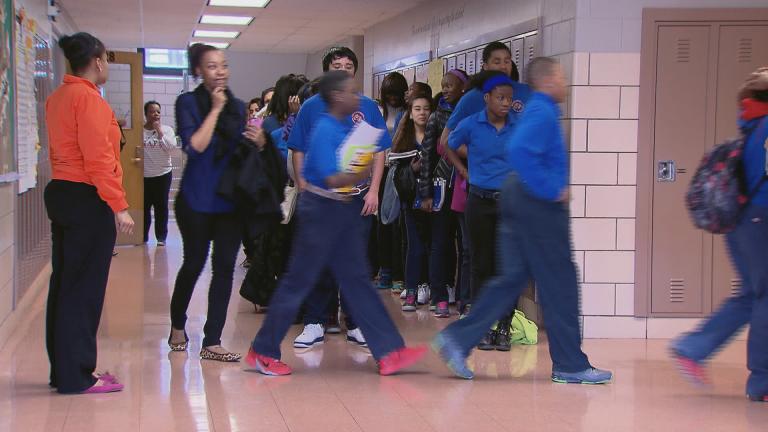In his first State of the Union address, President Donald Trump called on Congress to pass his $1.5 trillion plan to “rebuild our crumbling infrastructure.” But how far will that money go when the nation’s roads, bridges, rails, transit and waterway systems scored a D+ by the American Society of Civil Engineers?
Joining us to discuss the president’s pledge to infrastructure revitalization are Josh Ellis, vice president of the Metropolitan Planning Council; and Kate Lowe, an assistant professor of Urban Planning and Policy at the University of Illinois at Chicago’s College of Urban Planning and Public Affairs.
Below, an edited Q&A with our guests.
![]()
The American Society of Civil Engineers’ latest report card gives U.S. infrastructure a D+. What are the biggest infrastructure concerns across the U.S.?
Josh Ellis: There are many. Roads always need repairs. Waterways, locks and canals throughout the country are in need of repair. Smaller airports need investment. We have to look underground, too: In Chicago alone there are 4,200 miles of sewer pipes and water. That’s the distance (from) Anchorage to Chicago and back … so we can’t forget about the infrastructure below our feet. Water mains can leak up to 25 percent a day. In older cities, you have neighborhood flooding. Then there are transit systems in larger metropolitan areas: Metra and CTA are older infrastructure systems that need maintenance and repair. And remember this is all about fixing what we have, nothing about expansion.
Kate Lowe: Infrastructure doesn’t get a lot of attention in political discussions because bridges or the upgrades to the Jane Byrne (Interchange) are less glamourous. People don’t think about it, but our shoes, clothes, food all depend on infrastructure. Every aspect of the economy is linked back to infrastructure. It includes things like transportation, broadband and water. We mostly don’t recognize it until it doesn’t work – like in Flint, Michigan.
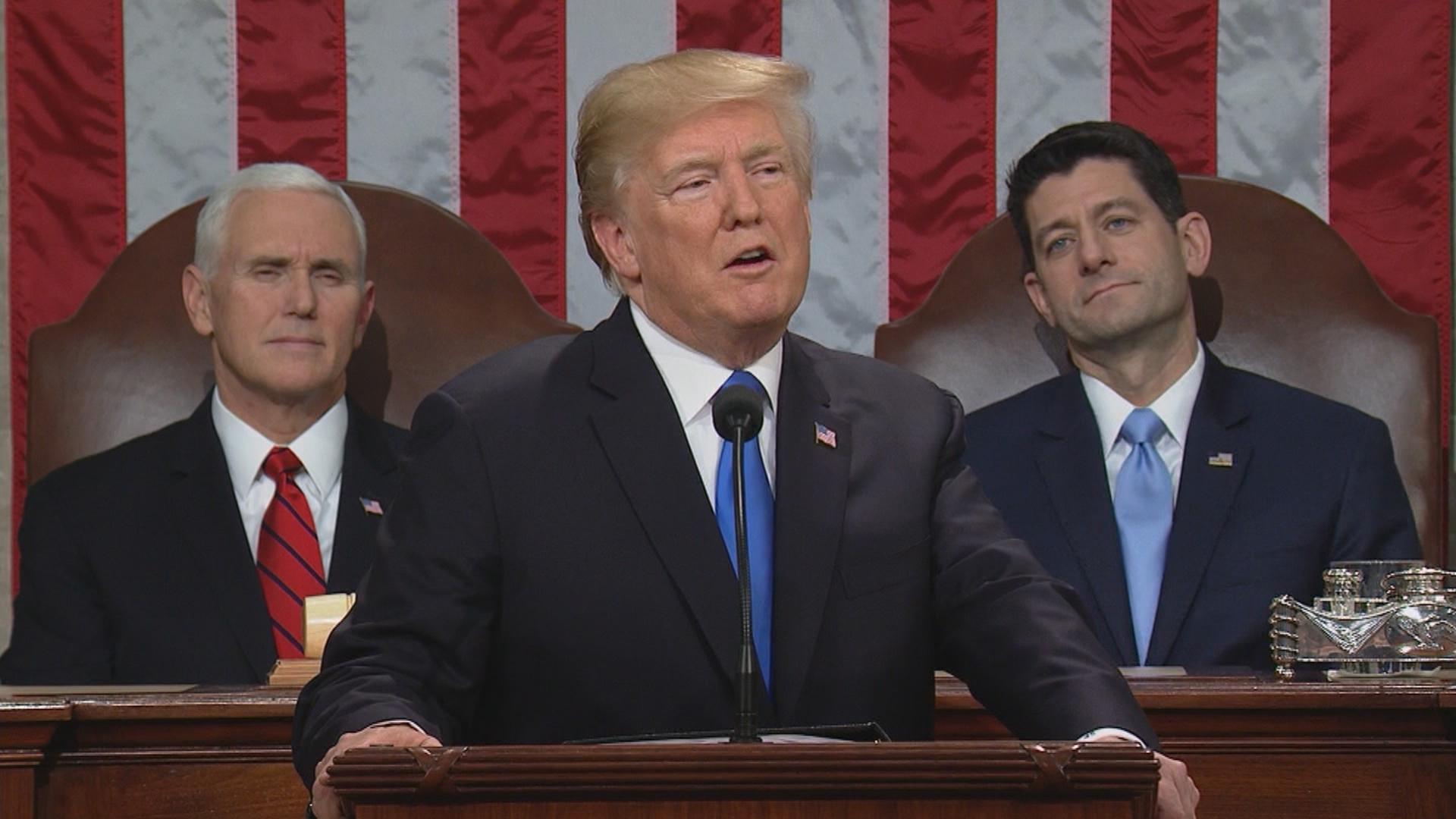
The president’s speech briefly mentioned infrastructure. Did it raise more questions than it answered?
Lowe: Certainly. There’ve been tidbits released here and there. The president mentioned $1.5 trillion, but it’s unclear how much of that is coming from the federal government. We heard nothing new or transformational with leveraging state and local funding. That’s already in place. Where those federal dollars will come from is what I’m still wondering.
Ellis: It was very informative that the verb he used regarding the infrastructure bill was that it should generate $1.5 trillion in investment. The word “generate” confirms some things that have bubbled up in conversation that the federal government would pay a smaller roll in infrastructure.
The American Society of Civil Engineers gave Illinois a C+ in its 2014 report – that’s up from a D+ in 2010. What are the biggest infrastructures needs here?
Ellis: In the metro regions of Chicago, Rockford, East St. Louis, those areas need substantial investments in transit. Transit needs more capacity, station improvements, and they need to run on time. Good mass transit attracts large firms like Amazon, Google and McDonald’s. You need to move a lot of people in a cost-effective manner and on time. Our area roadways need rebuilding, improving and modernizing. Water systems, including drinking water systems, need investment. There are 280 water utilities in northern Illinois. Highland Park has ample money to maintain pipes and pumps, but other areas don’t. And there’s also dealing with storm water and flooding issues, too.
Lowe: We need some investment in operations and maintenance. Operations is stuff like snowplowing; maintenance is repaving, etc. CMAP reports that 25 percent of roads have issues and that’s expensive. The RTA has $20 billion in backlog maintenance like upgrading signals, for example. It’s not flashy, but it’s needed investment.
Related stories:
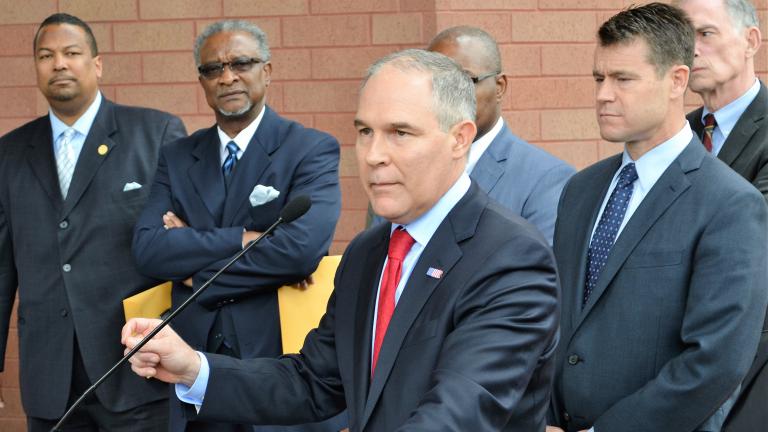 EPA’s Pruitt Wants Lead-Free Drinking Water, But Offers No Plan
EPA’s Pruitt Wants Lead-Free Drinking Water, But Offers No Plan
Jan. 19: EPA Administrator Scott Pruitt told representatives of a children’s health group last week that he wants to eliminate lead from drinking water within 10 years, but he has yet to offer a strategy to meet the goal.
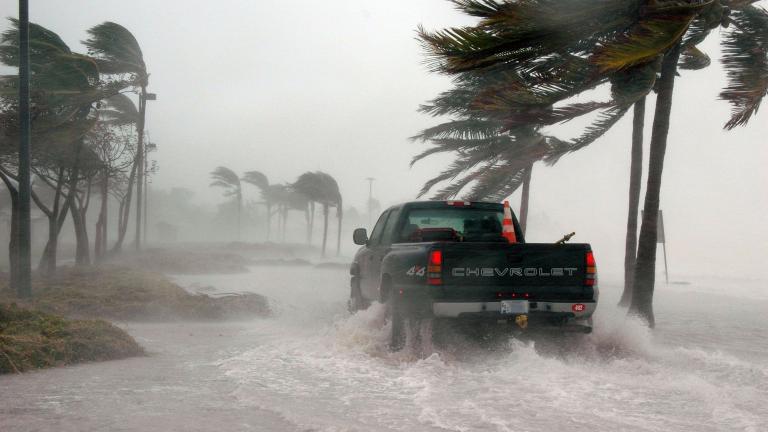 Climate Change and Infrastructure Failings in Extreme Weather
Climate Change and Infrastructure Failings in Extreme Weather
Sept. 11, 2017: What part – if any – does global warming play in the intensity of hurricanes? And what infrastructure failures contribute to the utter loss and destruction during extreme weather?
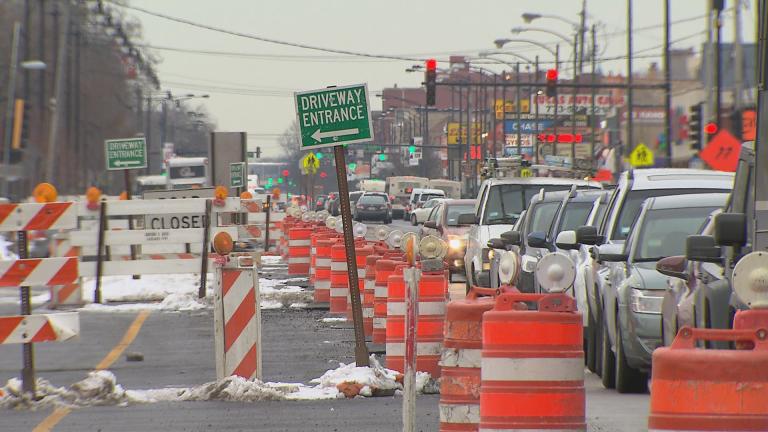 City Improvements: Transportation Head Talks Infrastructure Upgrades
City Improvements: Transportation Head Talks Infrastructure Upgrades
Dec. 21, 2016: The city of Chicago wants your feedback on new streetlights. That and other infrastructure projects with Rebekah Scheinfeld, the head of the city’s transportation department.


